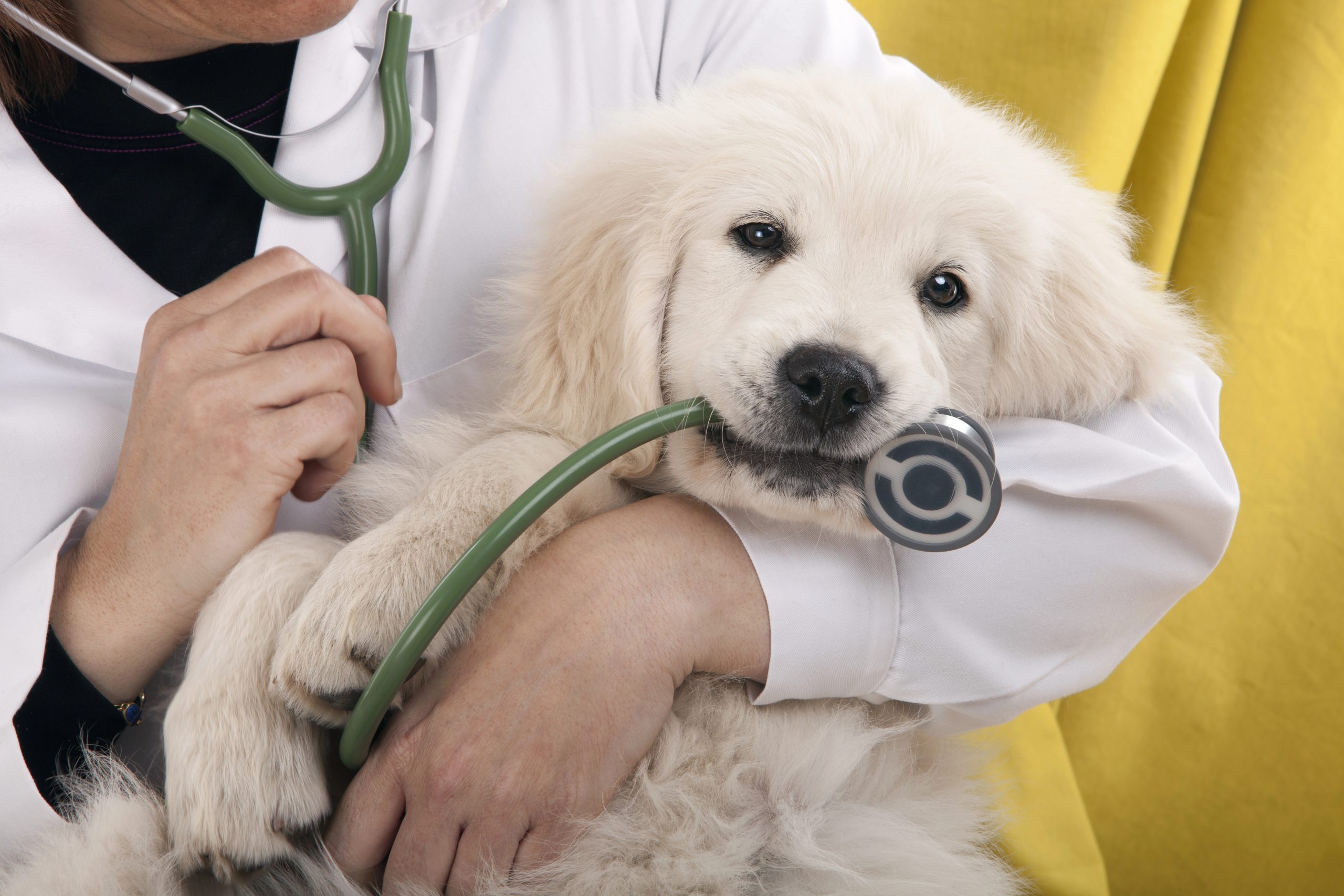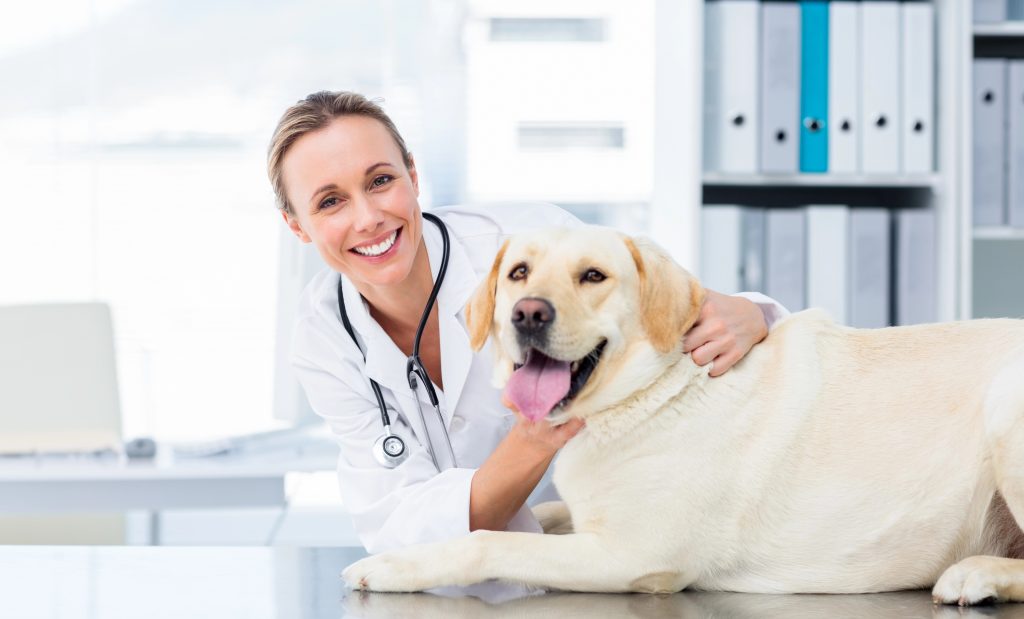A visit to the veterinarian is a source of stress and anxiety for many dogs. How can you help your pet overcome this fear? In this article, we present effective methods to help reduce your dog’s stress during vet visits.
How to prepare your dog for a vet visit?
To reduce your dog’s anxiety about the vet, it’s important to gradually accustom them to the situation. Regular “social visits,” where the dog visits the clinic without undergoing any procedures, can help build positive associations. Allow your dog to explore the clinic, meet the staff, and reward them for calm behavior.
How to acclimate your dog to stressful stimuli associated with the vet?
Many dogs fear not only the clinic itself but also specific stimuli, like smells, sounds, or certain types of touch. Desensitization, or gradually exposing your dog to stressful elements, can significantly reduce anxiety. At home, you can mimic some veterinary actions, like checking their teeth or ears, rewarding your dog for staying calm.
Are calming pheromones for dogs effective?
Dog pheromones, available in spray or collar form, can help calm your pet during a vet visit. They mimic the natural pheromones of a mother, which have a soothing effect on dogs. Using pheromones at home and during the journey to the clinic can help reduce stress levels.
When to consider calming medication for your dog?
If your dog experiences severe anxiety before a vet visit, it’s worth consulting a veterinarian about the possibility of administering calming medications. There are also natural supplements that can help reduce stress. Before giving any supplement, consult your vet to choose the appropriate method.
Why is the owner’s behavior important?
During a vet visit, your dog can sense your emotions. If you’re anxious, your dog may react with even more stress. It’s essential to stay calm, speak to your dog in a gentle tone, and avoid displaying excessive emotions.
What are the benefits of regular check-ups?
Don’t limit vet visits to times when your dog needs treatment. Regular, routine check-ups without painful procedures can help your dog build positive associations with the clinic. Reward your dog after each visit to reinforce these positive feelings.
Is it worth consulting an animal behaviorist?
If your dog’s fear of vet visits is particularly strong, consulting an animal behaviorist may be helpful. A specialist can identify the sources of stress and develop a personalized behavioral therapy plan to help your dog cope better with anxiety.
To further support your pet’s comfort, ensure they are well-hydrated during stressful times (and beyond). Try Aqualapka’s calming drinks, which not only quench thirst but also promote your dog’s health. Keep your pet fully hydrated – Aqualapka is an excellent choice!


